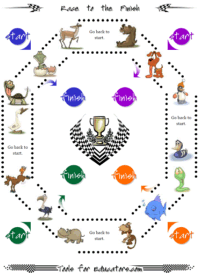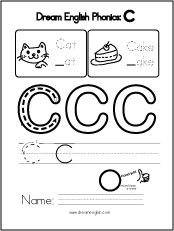Listen to the show.
This week we welcome Dave from http://www.learnenglish-online.com. Dave is working at a language school and international high school in Canada. Additionally he runs his own website for students to “learn English online.” We’ll talk a bit about his website and also in general about website building/promotion later in the show.
In part one of the podcast, we focus on some of Dave’s students’ problems and how he handles them. He has a good number of Japanese students and they have a strong knowledge of grammar but a very low speaking level. Mark and Dave offer a few ideas on how to improve speaking competence and fluency with these learners.
- breaking down the walls and barriers
- stopping the calculating and perfect sentence building
- reading to increase speaking competence
- using music and acting
- understanding errors are not necessarily mistakes
In the second part of the podcast we discuss Dave’s website. It offers students listening exercises with videos and music, help with grammar, quizzes, and provides them with a lot of feedback. The website is growing and the response has been positive for Dave. Mark and Dave also discuss a bit about how Dave built up the site and any mistakes people might want to avoid in make their own site. There are also some tips for promoting your ESL website or blog and getting more traffic.
Right at the end, we had some technical problems and I lost Dave, but Dave was kind enough to email me the Game of the Week section of the show that got cut off.
If you have any questions or comments about teaching students with advanced grammar but low speaking competence or if you have any questions about building and promoting your ESL site, please comment below or over at the ESL Teacher Talk forums.
We’d like to thank Dave for coming on to the show and encourage everyone to visit his site Learn English – Online.
Game of the Week: Speedy Subject Verb Agreement
This game is used to practice subject verb agreement in conversation. It is also designed to improve fluency and speed when speaking.
* Put the students in partners
* Write these categories on the board:
1. Do/Does
2. Is/Are/Am
3. Have/Has
4. Was/Were
5. Doesn’t/Don’t
6. Wasn’t/Weren’t
* Student A randomly says pronouns to Student B. (I, You, He, She, It, We, They)
* Student B must say the correct verb that matches with the pronoun.
Example: Round 1
Student A:Â He
Student B:Â does
Student A:Â We
Student B:Â do
Student A:Â They
Student B:Â do
* After 7-10 words, the partners switch. After switching, they go to round 2.
* Students are trying for perfection, and then to develop speed.
* Make sure they say the pronouns randomly to avoid developing a pattern in their speaking.
Another option is to put the students into two groups and the teacher says the pronouns. Working through each round with one pronoun for each student, the two teams can have a competition to see which is the fastest.
This game works very well for students who know simple subject verb agreement on tests and in writing, but sometimes make mistakes when speaking. It is also very good to promote speed for students who still speak at a slow pace. In general, it makes students think and speak quickly, which gets their brains really working hard.
Thanks for listening!







